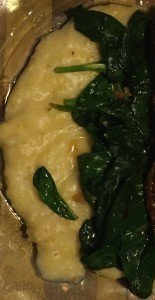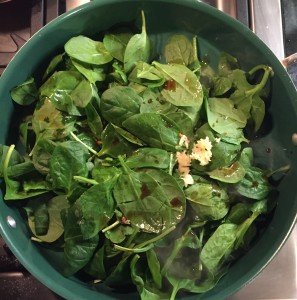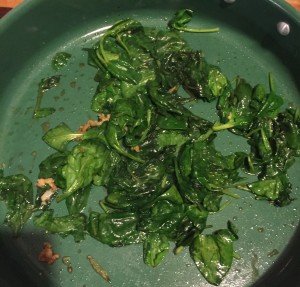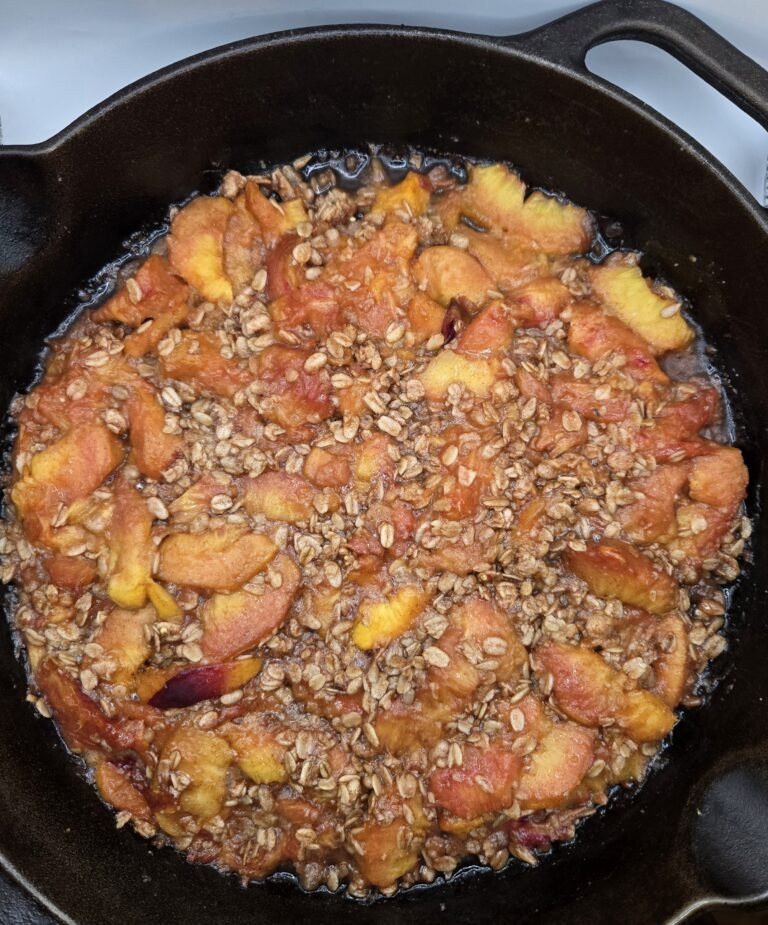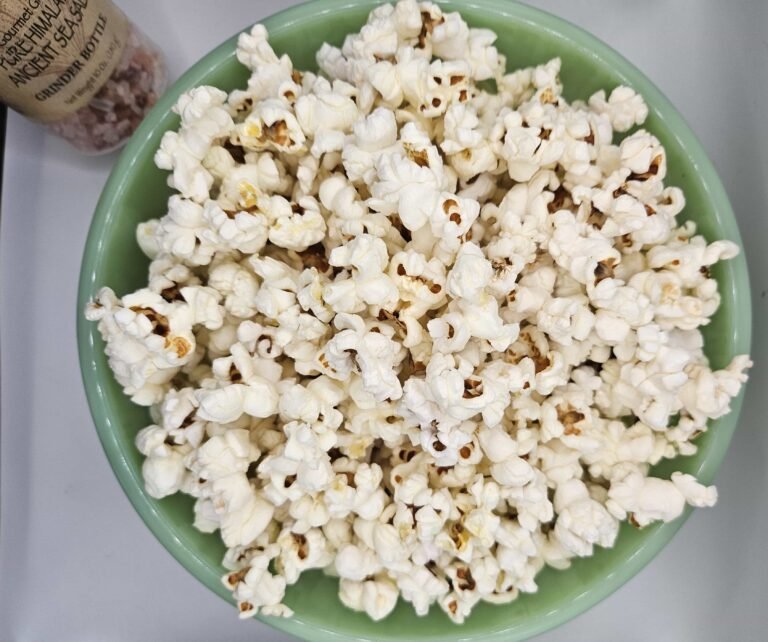My kids had a friend hanging out today and about five minutes before dinner, my daughter asked if he could eat over. We’ve asked the kids a hundred times not to ask for things at the last second because I hate making an impulsive decision and then realizing it was a mistake after having time to think it through. I told her to ask him if he likes polenta; no point having someone over that’s going to pick at his food. She said that he never had it before but was willing to try it, so I said OK then realized a few seconds later there was no way we had enough food for five people, but it was too late.
I served the guest a half decent serving plate and the rest of us ate like birds, but it was nice to see the kid try something new and apparently like it. Although he didn’t say he liked it, he cleaned his plate — that may have been because he played soccer for three hours before coming over and was half starved. Maybe he went home and microwaved a frozen kid’s cuisine hot pocket trans-fat extravaganza to fill up.
Polenta is a versatile, easy-to-make (and gluten-free) substitute for oatmeal in the morning and mashed potatoes with dinner. I had trout served on it once at a restaurant and realized it would work well as a base with wilted spinach when serving just about any main dish. You can make it creamier and more interesting by substituting some milk or broth for the water. One part cornmeal to four parts water/broth is plenty creamy (some people use 3-5 parts water for different consistencies). I didn’t realize cornmeal comes in different grinds – fine, medium, and coarse. You can use any of them, coarse makes a heartier, flavorful polenta, but we could only find medium.
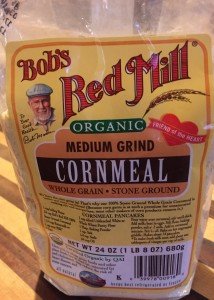
I learned on World’s Healthiest Foods that spinach is in the chenopod family – along with beets, chard, and quinoa – and ranks at the top of their list of most nutritious foods. A new category of nutrients found in spinach is glycoglycerolipids found to help protect the lining of the digestive tract from damage, especially damage related to inflammation.[1] Compared to other vegetables, only spinach showed evidence of significant protection against the occurrence of aggressive prostate cancer, and further research is being done on anti-cancer carotenoids—called epoxyxanthophylls that are plentiful in spinach.[2]
Eating one cup of spinach a week is a super nutrition boost, makes a salad much more interesting, and it’s quick and simple to make when you don’t want it raw. Put a large scoop of polenta on the plate, spread wilted spinach over it, then add your main course on top.
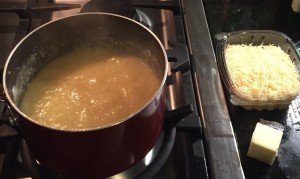
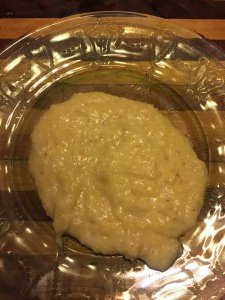
Polenta
1 C corn meal
4 C water
1/2 t sea salt
2 T butter or substitute
1/2 C freshly grated Parmesan cheese (optional)
Bring liquid and salt to a boil in a pot. Slowly add cornmeal whisking constantly for a few minutes until mixture thickens and there are no lumps.
Lower heat to simmer; cover and cook for 30-35 minutes, stirring every 5 minutes to prevent sticking. Polenta is done when the texture is creamy and the individual grains are taste tender. Turn off heat and gently stir butter and cheese until cheese melted. Cover and let stand 5 minutes to thicken before serving.
Wilted Spinach
1 T water or high-heat oil
1 crushed clove garlic
2 5-oz bags spinach (or ~1lb loose spinach, washed very well)
Heat a pan with liquid and garlic. Add spinach; cook and stir 2 minutes until wilted.
[1] “Protective effects of glycoglycerolipids extracted from spinach on 5-fluorouracil induced intestinal mucosal injury,” A Shiota et al., The Journal of Medical Investigation, August, 2010.
[2] “Low bioavailability of dietary epoxyxanthophylls in humans,” A Asai, L Yonekura, and A Nagao, British Journal of Nutrition, 2008, 100:273–277.

